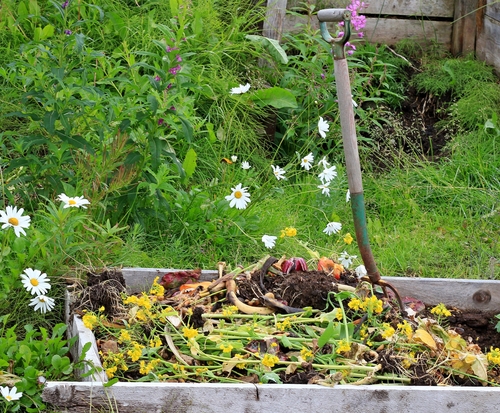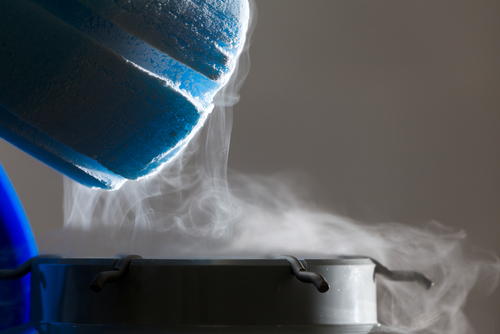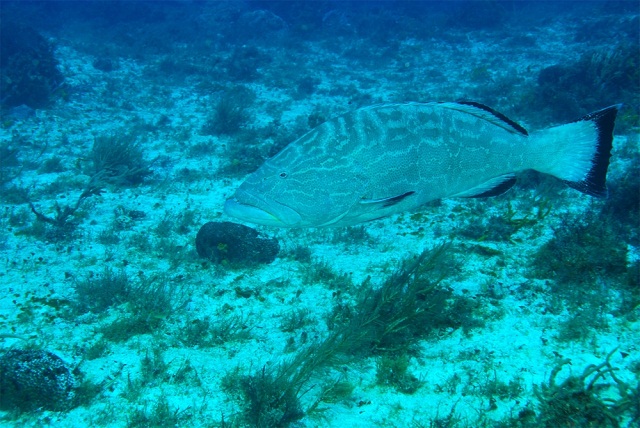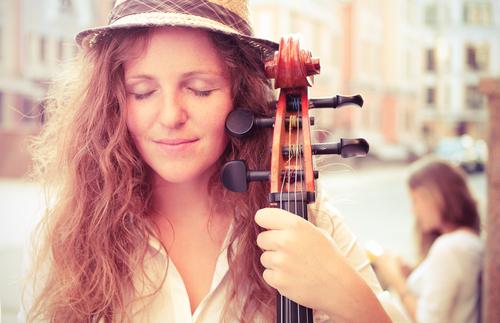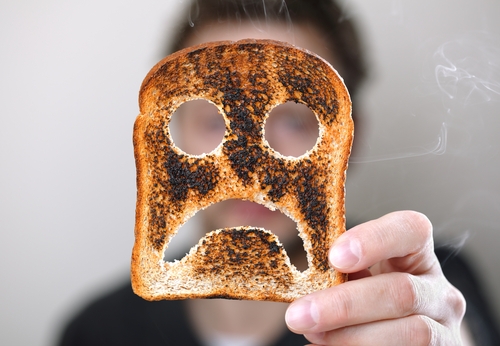Surprising Science
All Stories
Spanish cancer survivor Albert Espinosa says we need to rethink our traditional notions of friendship and allow ourselves to form relationships with people who are different from us.
A recent study of 80,000 Britons showed a correlation between happiness and the number of servings of vegetables they ate.
The cap, which can be worn with or without a helmet, provides LED readouts in green, yellow or red to indicate the seriousness of a hit.
The US military has successfully tested a missile that uses microwaves to target a building’s computers and electrical systems.
An engineer has created plastics that contain a network of liquid-filled channels. When the plastic cracks, the liquid fills the gap and solidifies, repairing the damage.
Last week the rocket broke apart in Earth’s orbit, creating a cloud of debris that has observers concerned about its possible impact on other spacecraft in the area.
The US Nuclear Regulatory Commission is planning a pilot study of cancer risks near six nuclear power plants, out of suspicions about the dangers of uranium even when the plants are operating normally.
A study investigating the presence of potentially harmful chemicals in the lake has added a new one to its list: sucralose, known commercially as Splenda.
NASA’s new X-ray telescope chanced upon a rare flare-up taking place in the center of the galaxy, home of the Sagittarius A black hole.
A new report documents, for the first time, the public health impact of industrial pollutants on local populations in developing countries.
A new website, ipaidabribe.or.ke, allows Kenyans to report bribes they have paid in order to help end the cycle of corruption that runs rampant throughout the country.
A new company is looking to provide sanitation services to areas that need them most and then use human waste as a source of energy.
New neuroscience confirms what we have longed believed to be true: A warm and engaging handshake activates pleasure centers in the brain, overcoming awkward social interactions.
As the nation’s middle classes loses the financial security it could once take for granted, the psychological state of many families may be falling into constant worry about making ends meet.
A team of neurologists have begun mapping how individual neurons communicate with each other to perform basic biological functions. Their work may yield new insights on mental health.
Two of nation’s highest authorities on genetics say they now plan to search for and sequence DNA from the surface of Mars. Others doubt whether we have the technology.
Electronic word-of-mouth is essential for spreading today’s most important ideas. Using Darwin’s theory of evolution, we can better understand how ideas become popular.
New research finds that transfusing old mice with the blood of young mice can help regenerate brain tissues, essentially making them younger.
Spanish shoe company One Moment has created a shoe that you can toss into your compost after you’ve worn them out.
New fitness bracelet uses a variety of sensors to learn what type of exercise you’re doing and tells you how to improve.
New developments in liquid nitrogen fueled engines may lead to a cheaper, better alternative to other zero-emission vehicles on the market.
A group of companies are coming together to create a new kind of power generator that would harvest energy from currents found at oceans’ deepest depths.
Amid the excitement surrounding the discovery of an Earth-sized planet in our nearest neighboring system is the question of whether there might be others in the same system capable of supporting life.
In a hilariously foul-mouthed video last month, comedian Sarah Silverman called attention to Republican-led attempts to suppress turnout among left-leaning voters in November. “Hey black people, old people, poor people […]
Diagnosed with brain cancer, an Italian engineer and artist put up a Web site displaying his medical records and asking for solutions. The response has been surprisingly fruitful.
While guilt is often considered the residue of religious moral codes, people who feel guilty about bad behavior before they even act may make the best friends, mates and employees.
Allowing your mind to drift can help you arrive at creative solutions to vexing problems, reveal what your true priorities are and help you find the peace and quiet needed to learn.
Researchers have found no evidence that we experience Mondays as far worse than other days of the week, yet we persist in believing Mondays are bad due to the nature of the brain.
The pace of urbanization and the development of megacities is causing an untold public health crisis, say international health agencies who study development and pollution.
This year’s prizes in medicine and chemistry celebrate advancements in genetics that could revolutionize stem cell treatment and create pharmaceutical drugs with far fewer side effects.


















